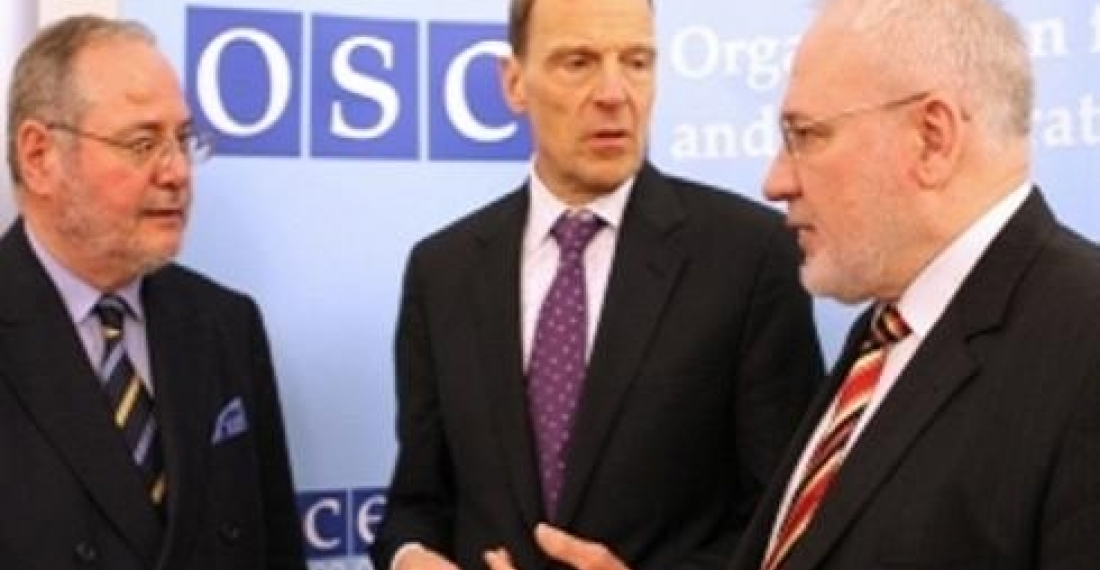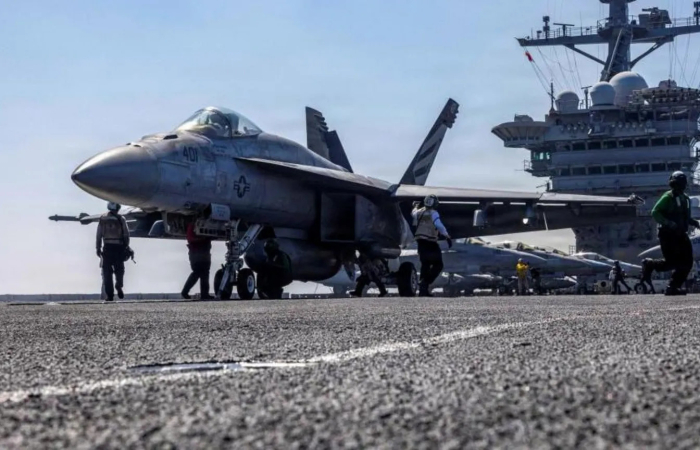Diplomats representing France, Russia and the United States, the three co-Chair countries of the OSCE Minsk Group empowered to mediate a resolution of the Karabakh conflict, will travel to the region this week in an effort to defuse tension on the line of contact separating Armenian and Azerbaijani forces that has been increasing over the last weeks, as a result of which several people have been killed.
There are concerns that tensions may increase over the summer period. Both Armenia and Azerbaijan have been busy with domestic issues in recent months, Armenia with the Parliamentary Elections that were held last Sunday and Azerbaijan preparing for the Eurovision festival which will be held later this month. With these two events out of the way attention will revert back to the Karabakh issue. The Minsk Group Co-Chair want to strengthen the monitoring arrangements on the line of contact in order to try to avoid further incidents. Azerbaijan is against this as long as it is not part of a settlement process.
The negotiations on resolving the conflict appear to be stalled. Efforts by Dimitri Medvedev when he was President of Russia to push for a breakthrough failed. It is not yet clear if the Russian leadership will want to pick up the initiative again, and in what format. The newly installed President Vladimir Putin seems to have less patience for the sort of protracted negotiations that are likely to be required. If Medvedev, in his new role as Prime Minister of Russia, pursues the negotiations he may find that his diminished status may impact negatively on the talks. Neither France nor the United States are likely to be involved at this stage at the level of the President. The co-Chair will take soundings from the interested parties during their visit this week, before they report back to their respective capitals. They are expected to visit Yerevan and Baku, as well as Nagorno-Karabakh.
source: commonspace.eu
photo: The representatives of France, Russia and the United States on the OSCE Minsk Group (picture courtesy of the OSCE).







